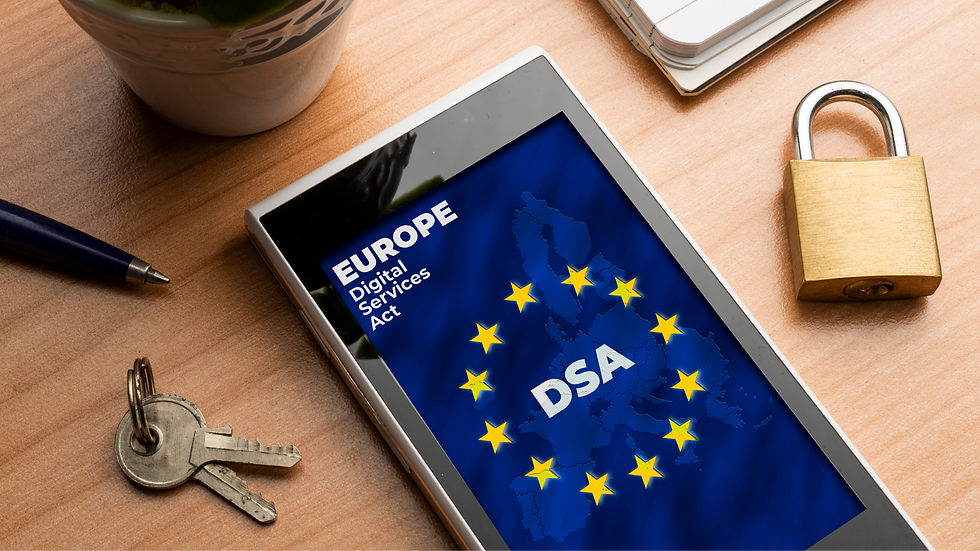Gorsuch's dissent in Carpenter has implications for the future of privacy
- Op-ed published in The Hill
- Jun 26, 2018
- 2 min read

In a decision lauded by privacy advocates, the Supreme Court ruled 5-4 on Friday that the historical cell phone location data used to convict Timothy Carpenter of armed robbery is subject to Fourth Amendment protections. In Carpenter v. United States, police were able to obtain location data from his wireless provider using the lower standards of the Stored Communications Act (SCA) without the finding of "probable cause" required to issue a search warrant.
The decision reversed a ruling by the U.S. Court of Appeals for the Sixth Circuit that Carpenter had no reasonable expectation of privacy in the location information that was conveyed to his provider. The appeals court grounded that decision in the third-party doctrine, first articulated by the Supreme Court in United States v. Miller (1976) and Smith v. Maryland (1979). In those cases, the High Court concluded that "a person has no legitimate expectation of privacy in information he voluntarily turns over to third parties."
In Carpenter, the court relied on the concurrences in United States v. Jones, a 2012 case involving the attachment of a GPS device to a vehicle, which held that “an individual maintains a legitimate expectation of privacy in the record of his physical movements."
Cell phone location data provides precise information about one's physical movements, made possible by the huge number of cell phone towers. For instance, just within a one mile radius of the Supreme Court, cell phone signals are intercepted by any number of the 404 antenna and 50 towers within that radius, as frequently as every few seconds. The resulting information is then stored by a third-party provider for up to five years.
This tracking does not depend on the phone user making any calls. Any activity on the phone will cause the user to unwittingly transmit location data when the device automatically connects. This reality is the foundation of the court’s ruling that the third-party doctrine does not apply because cell phone data is not voluntarily conveyed...




